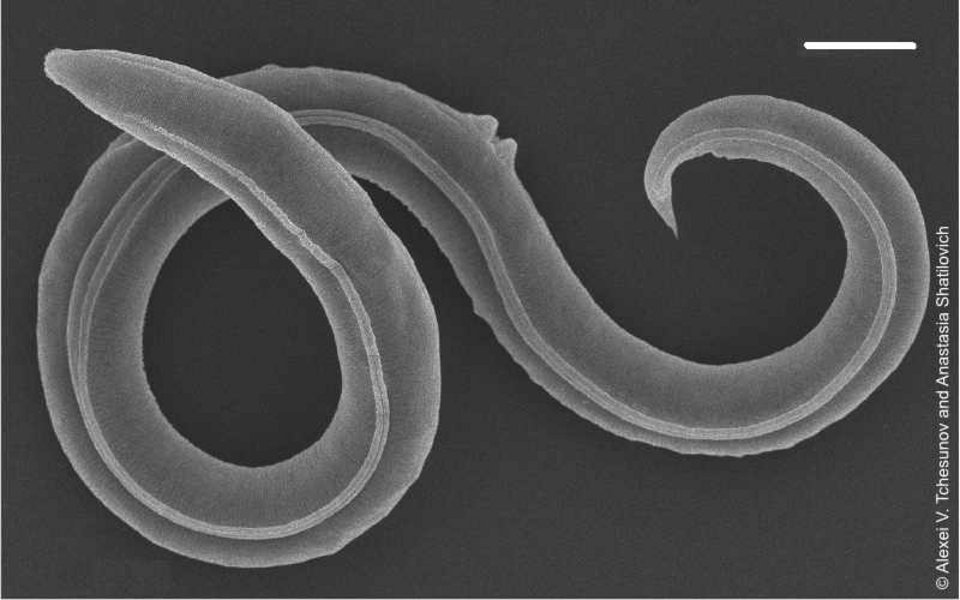Dear Commons Community,
Arkansas is temporarily blocked from enforcing a law that would have allowed criminal charges against librarians and booksellers for providing “harmful” materials to minors, a federal judge ruled Saturday.
U.S. District Judge Timothy L. Brooks issued a preliminary injunction against the law, which also would have created a new process to challenge library materials and request that they be relocated to areas not accessible by kids. The measure, signed by Republican Gov. Sarah Huckabee Sanders earlier this year, was set to take effect Aug. 1.
A coalition that included the Central Arkansas Library System in Little Rock had challenged the law, saying fear of prosecution under the measure could prompt libraries and booksellers to no longer carry titles that could be challenged.
The judge also rejected a motion by the defendants, which include prosecuting attorneys for the state, seeking to dismiss the case.
The ACLU of Arkansas, which represents some of the plaintiffs, applauded the court’s ruling, saying that the absence of a preliminary injunction would have jeopardized First Amendment rights. As reported by the Associated Press.
“The question we had to ask was — do Arkansans still legally have access to reading materials? Luckily, the judicial system has once again defended our highly valued liberties,” Holly Dickson, the executive director of the ACLU in Arkansas, said in a statement.
The lawsuit comes as lawmakers in an increasing number of conservative states are pushing for measures making it easier to ban or restrict access to books. The number of attempts to ban or restrict books across the U.S. last year was the highest in the 20 years the American Library Association has been tracking such efforts.
Laws restricting access to certain materials or making it easier to challenge them have been enacted in several other states, including Iowa, Indiana and Texas.
Arkansas Attorney General Tim Griffin said in an email Saturday that his office would be “reviewing the judge’s opinion and will continue to vigorously defend the law.”
The executive director of Central Arkansas Library System, Nate Coulter, said the judge’s 49-page decision recognized the law as censorship, a violation of the Constitution and wrongly maligning librarians.
“As folks in southwest Arkansas say, this order is stout as horseradish!” he said in an email.
“I’m relieved that for now the dark cloud that was hanging over CALS’ librarians has lifted,” he added.
Cheryl Davis, general counsel for the Authors Guild, said the organization is “thrilled” about the decision. She said enforcing this law “is likely to limit the free speech rights of older minors, who are capable of reading and processing more complex reading materials than young children can.”
The Arkansas lawsuit names the state’s 28 local prosecutors as defendants, along with Crawford County in west Arkansas. A separate lawsuit is challenging the Crawford County library’s decision to move children’s books that included LGBTQ+ themes to a separate portion of the library.
The plaintiffs challenging Arkansas’ restrictions also include the Fayetteville and Eureka Springs Carnegie public libraries, the American Booksellers Association and the Association of American Publishers.
Good decision on the part of Judge Brooks!
Tony











